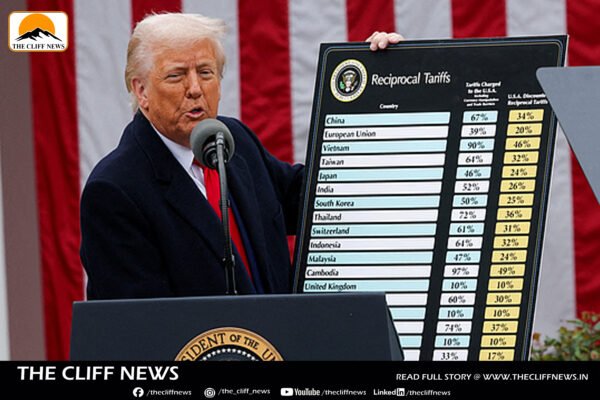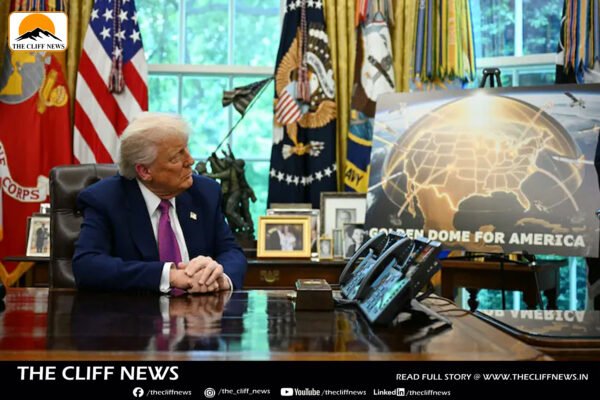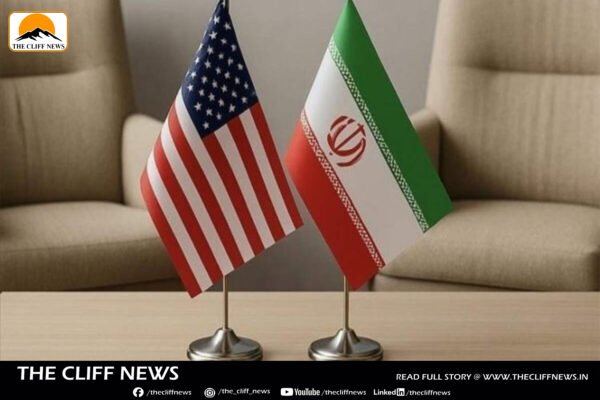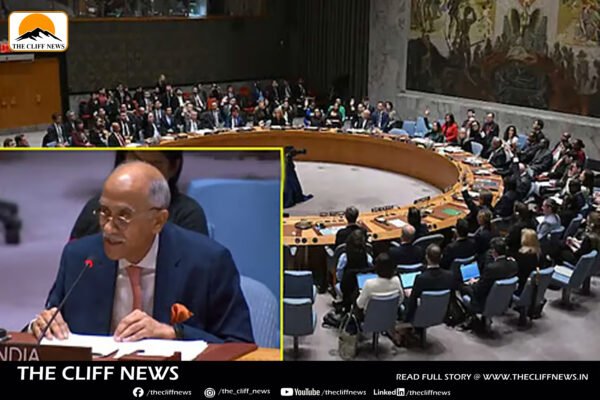Federal Court Reinstates Trump’s Tariffs After Lower Court Rules Them Unlawful
In a swift legal turnaround, the U.S. Court of Appeals for the Federal Circuit reinstated former President Donald Trump’s sweeping tariffs on foreign imports just a day after the U.S. Court of International Trade declared them unlawful. The appeals court granted a temporary stay on the lower court’s ruling, allowing the tariffs—announced on April 2 and branded by Trump as “Liberation Day” duties—to remain in effect while the federal government pursues its appeal. The trade court had previously ruled that Trump overstepped his authority under the 1977 International Emergency Economic Powers Act (IEEPA), asserting that the act was not intended for long-standing trade deficits. The three-judge panel concluded that invoking IEEPA to declare a national emergency and unilaterally impose tariffs on nearly all U.S. trading partners—including Canada, Mexico, and China—was unlawful. These tariffs were also tied to efforts to curb fentanyl trafficking, but the court found the justification legally insufficient. Jeffrey Schwab, senior counsel at the Liberty Justice Center—which represents five small businesses in one of the combined suits—stated that Trump chose IEEPA for its broad powers and lack of congressional oversight. “The court saw through that,” Schwab said. The second lawsuit was filed by a coalition of 12 U.S. states, while a separate federal case led to a more limited injunction protecting two Illinois-based toy companies. Following the initial ruling, financial markets reacted with cautious optimism, hopeful for tariff relief. However, the reinstatement of the duties means the U.S. average tariff rate remains near 15%, according to Oxford Research—significantly higher than the 2-3% rate before Trump’s original tenure. In response, Trump blasted the trade court’s decision as an attack on presidential authority. “If allowed to stand, this would completely destroy Presidential Power,” he wrote on social media, adding that only foreign governments—not Americans—celebrated the ruling. Echoing this sentiment, White House trade adviser Peter Navarro said the administration is prepared to shift to other legal avenues if IEEPA is ruled out entirely. Navarro outlined several alternatives, including Section 301 of the Trade Act for unfair trade practices and Section 232 for national security-based tariffs—both of which were used during Trump’s earlier term. Other, less common options include Section 122 of the 1974 Trade Act, allowing short-term tariffs to protect the dollar, and Section 338 of the 1930 Tariff Act, which permits retaliatory tariffs against discriminatory foreign policies. As legal battles continue in at least seven different cases, the uncertainty surrounding U.S. trade policy remains high. Businesses warn of supply chain disruptions, rising costs, and even existential threats, while the appeals court’s final decision looms large over the future of presidential trade authority.










